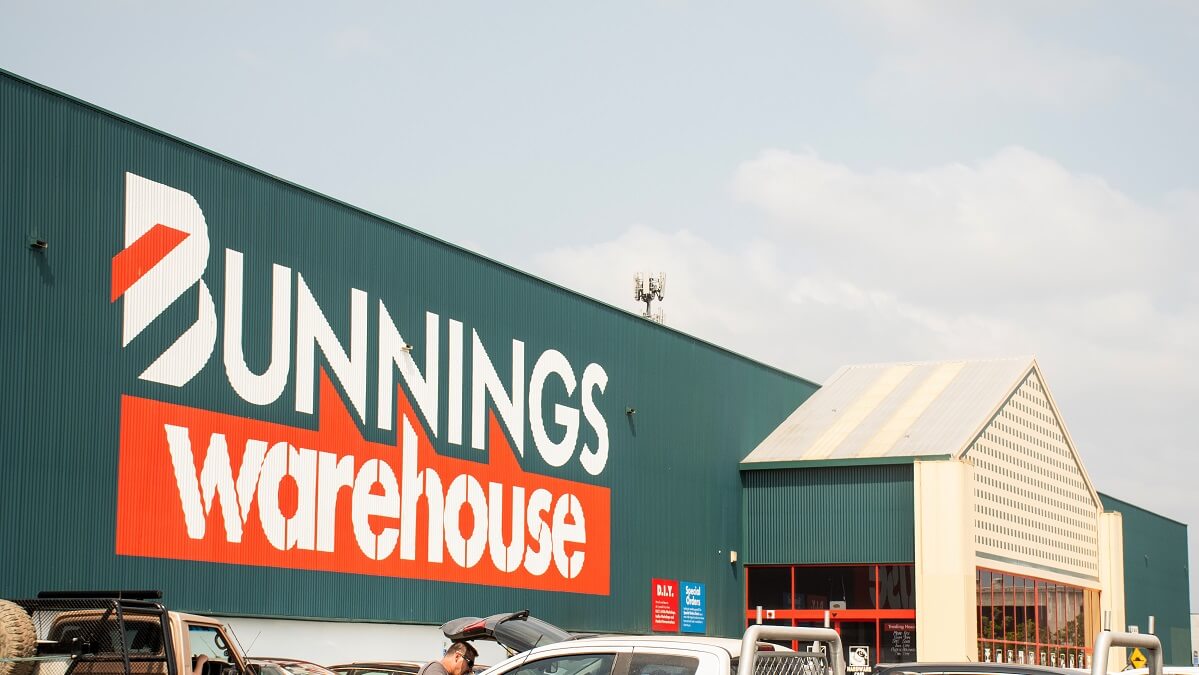National hardware chain Bunnings is being implored to remove a ‘killer’ product from sale.
In the firing line is a particular type of kitchen benchtop that has been linked to the disease silicosis.
The head of the Construction, Forestry, Mining and Energy Union (CFMEU), Zach Smith, has written to Bunnings management urging change.
The benchtops in question are made from a material known as engineered stone. Engineered stone is a composite material made of crushed stone bound together by an adhesive to create a solid surface. This material contains a substance known as crystalline silica, which has long been linked to the disease silicosis.
Crystalline silica does not cause a problem when undisturbed. It is when crushed stone is cut to size that particles can lodge within the lungs, triggering a deadly chain reaction. Silicosis is the end result of that process.
Benchtops cut to size before being delivered to a kitchen will not cause any health issues for homeowners. It is the tradespeople exposed during the cutting process who are at risk.
Silicosis – nothing new
While engineered stone is a relatively recent development, silicosis is not. Though it has been referred to by some as the ‘new asbestosis’, silicosis has been around for centuries. In fact airway problems linked to breathing in dust date back to ancient Greeks and Romans.
In the mid-16th century, lung problems from dust inhalation in miners were reported. In the 18th century, sand-like substances found in the lungs of stone cutters were linked to asthma-like symptoms.
More recently, the development of pneumatic hammer drill and sandblasting has played a part in the increased prevalence of silicosis.
This increase led to campaigns across the western world calling for safer practices. These were successful to a degree, but more recently, silicosis rates have begun to climb again.
After reviewing data, the International Agency for Research on Cancer (IARC) classified crystalline silica as “carcinogenic to humans” in 1996.
Bunnings benchtops
To be safe in the workplace, engineered stone must be cut wet and stonemasons must wear full protective gear. But recent evidence suggests those required precautions are not being taken on many work sites.
An investigation conducted by Nine Entertainment earlier this year exposed examples of workers not being advised of potential dangers. The investigation highlighted harrowing cases of workers exposed to the dust who had later developed silicosis. These workers were told by doctors they had as little as five years to live.
Mr Smith says the safest thing to do is to ban engineered stone products. This ban may be introduced in 2024, but he has called on Bunnings to act sooner. His letter to Bunnings chief Michael Schneider does not mince words.
“Bunnings has a unique market power and a unique place in Australian society,” it reads, in part. “If you were to remove this killer product from your shelves, it would send a powerful message. And, more importantly, it would save lives.”
For its part, Bunnings maintains that all its products comply with strict safety standards. He said benchtops were installed by a specialist provider that holds an engineered stone licence. These workers apply “strict safety standards to protect production and installation teams in line with the requirements of their licence,” he said.
Have you had an engineered stone benchtop installed at your residence? Were you aware of silicosis risks? Let us know via the comments section below.
Also read: Does your home contain asbestos?


Killer product? Isn’t that a bit over the top? We need to watch our language, there is enough “fear porn” out there today.